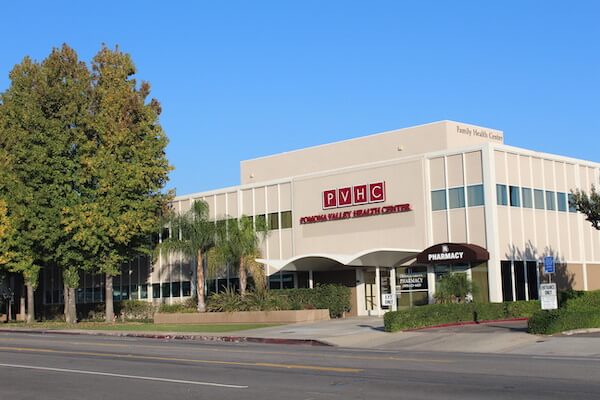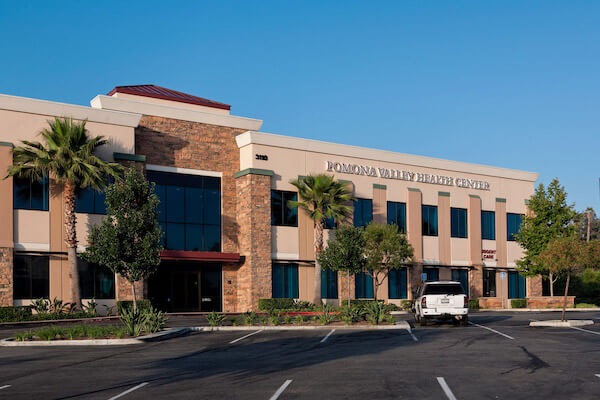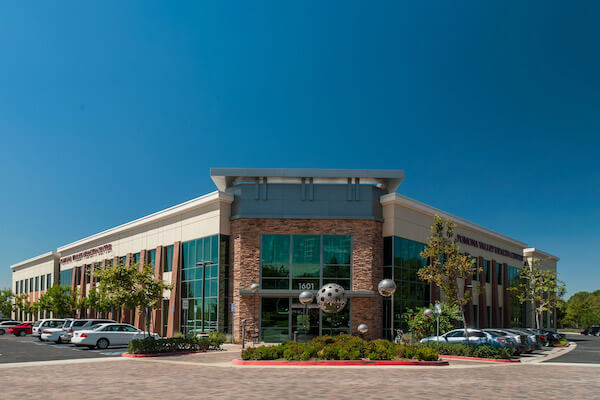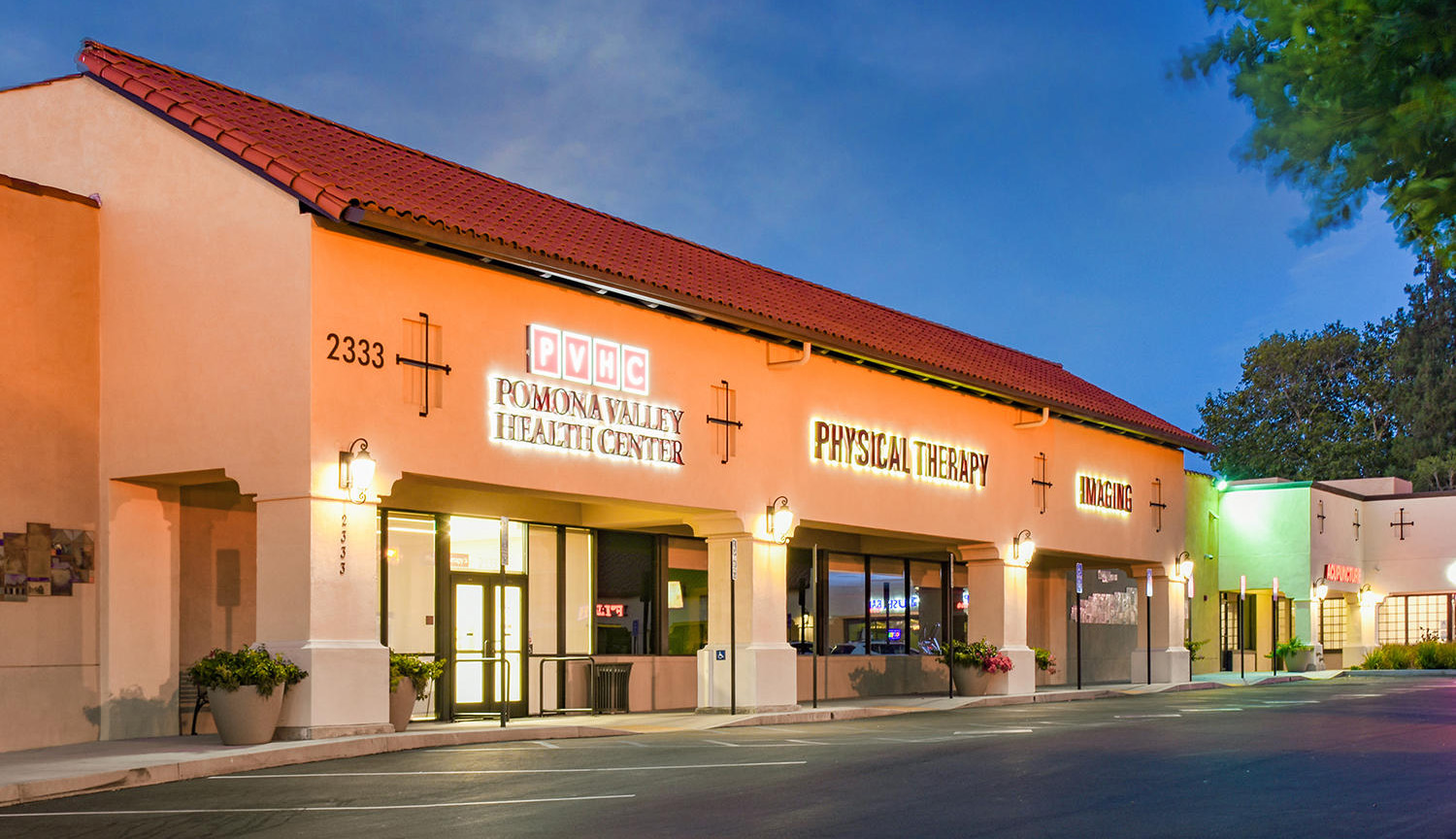Medically Reviewed by Carlos A. Baez, M.D.

Did you know chronic kidney disease affects approximately 37 million U.S. adults and of those, 90 percent don’t even know they have it?
March is National Kidney Month, and it aims to raise awareness about kidney disease, the ninth leading cause of death in the United States. This year, the focus is on taking charge of your health and the many ways people can manage their kidney disease.
Common signs and symptoms of kidney disease
Oftentimes there aren’t any signs of kidney disease in the early stages. It can easily go undetected until it has progressed to a more serious disease. Visit Pomona Valley Health Centers for an exam and diagnosis if you’re experiencing one or more of the following symptoms:
- Nausea and vomiting
- Fatigue and weakness
- Shortness of breath
- Hypertension (high blood pressure)
- Swelling of feet and ankles
- Loss of appetite
- Changes in urine frequency and output
- Decreased mental sharpness
Medical conditions that affect your kidneys
Your kidneys play an important role in removing waste and toxins from your body and returning vitamins, amino acids, glucose and other vital substances into the bloodstream. Certain conditions and diseases may negatively affect kidney health, including:
- Diabetes
Diabetes is the leading cause of kidney failure in the U.S. It damages the organs’ small blood vessels and filters, which makes it difficult for them to clean your blood. Treatments may include dietary changes, oral medications or insulin injections depending on the type and severity of symptoms.
- Hypertension
High blood pressure is another leading cause of kidney disease and kidney failure. This condition can damage the blood vessels and filters in the kidneys, which makes removing waste and toxins from the body difficult. Treatments may include diet, exercise or oral medications depending on y our unique symptoms.
- High cholesterol
In addition to causing heart disease, cholesterol plaque buildup can also clog renal arteries and cut off blood flow to the kidneys. This can lead to kidney disease and kidney failure. High cholesterol can be treated through diet, exercise and oral medications.
How to keep your kidneys healthy
Here are a few things you can do every day to keep your kidneys healthy:
- Stay active
Daily physical activities like walking, jogging, cycling or swimming can lower your blood pressure and boost your heart health, which are important for preventing kidney damage.
- Maintain a healthy diet
Choosing foods that are low in sodium, processed meats and other kidney-damaging foods may help lower your risk of kidney damage. Fill your plate with fresh leafy green vegetables, fruits, whole grains, lean meats, fish and more.
- Stay hydrated
Water is good for your kidneys because it keeps everything moving. It moves waste from your blood and into the urine; it keeps blood vessels open to allow blood to deliver essential nutrients to the kidneys. Chronic dehydration, even if it’s mild, may lead to permanent kidney damage.
- Use caution with supplements
Excessive amounts of certain vitamin supplements and some herbal extracts may be harmful to your kidneys. Talk to your doctor before starting taking any supplements or herbal extracts, especially if you have diabetes, high blood pressure or hypertension.
- Be careful with over-the-counter (OTC) pain relievers
Common pain relievers (e.g., ibuprofen and naproxen) can lead to kidney damage if used in excess over a prolonged period of time. Those using OTC medications to control pain from arthritis or other conditions causing chronic inflammation have a higher risk of kidney damage.
- Get regular preventative screenings
If you have diabetes, hypertension or high cholesterol, talk to your doctor about adding preventative kidney screening to your routine care. It can help him or her detect, diagnose and treat any problems early, before they become more serious.
National Kidney Month is a good time to get proactive about your family’s health and wellness. Prevention is the best treatment, so be sure to visit Pomona Valley Health Centers for your regular check-up and screening appointments to lower your risk of serious conditions and diseases. We provide comprehensive, convenient and compassionate care so you can get in, get out, and stay healthy.
We also offer Telemedicine appointments for added safety and comfort. Call 909-378-9025 to learn more or to schedule an appointment.





